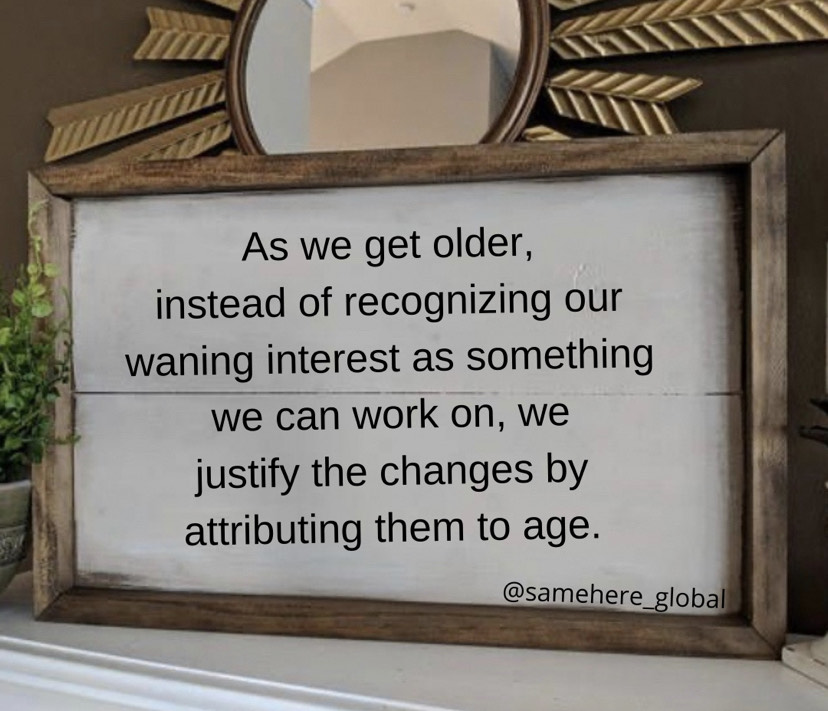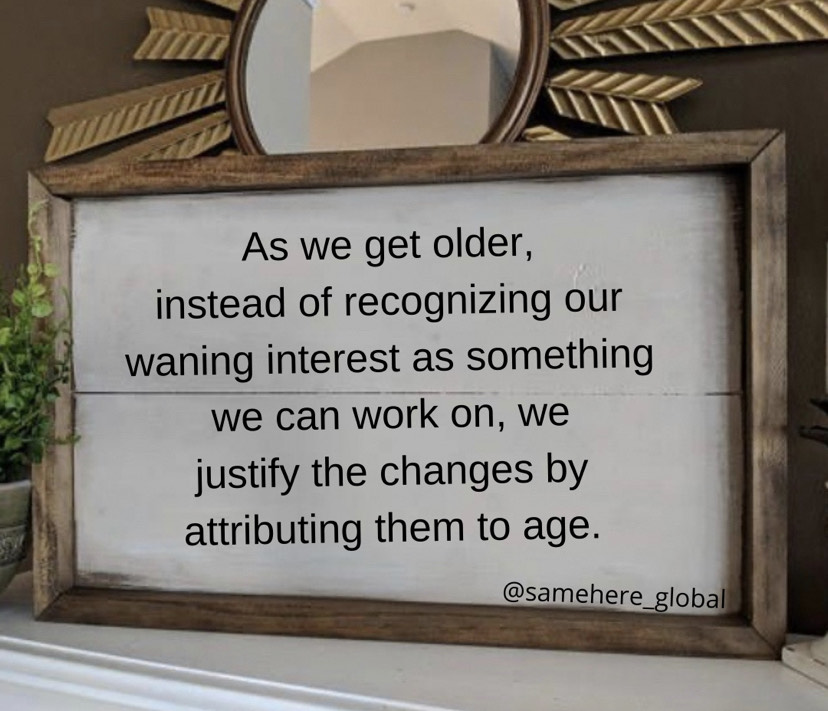Shared in Stories a pretty “intense” convo I had recently. In that same convo, we discussed mental health. Though it’s a topic that’s getting some more love, this convo reminded me how much further we still have to go.
I was sharing w this person our whole theory of #5in5 (life experiences impacting all of us, affecting MH for everyone, not just the “1 in 5 w disorder” we hear about all the time), & the idea of MH on a continuum.
A little bkgrnd, the convo was w a teacher from NJ. Their response was that: “MH has more awareness than ever before. In my school, my mom’s school, my sister’s school, we teach the kids about MH in the curriculum. I don’t think awareness is an issue, & we are getting there w education.”
Traveling the country (& beyond on this topic), & seeing the way it is received: from 2nd graders on thru CEOs, I’ve noticed something very different than the observation above – especially when events are voluntary. The reticence is still there. The engagement is still low. The understanding still lacks.
So I continued after their observation by sharing that – “MH is not just mental illness, & we ALL need to work on it, like we do our physical health.”
Here was the response I got: “Not sure I agree. Thinking of me & my 4 closest friends…while I take meds & feel like I need to go to the therapist, that’s bc I’ve been thru more in my life & maybe my natural coping skills are less. My friends haven’t been thru as much & maybe are naturally more resilient. Why should they ever have to go to therapy if so?”
Alright, so this was someone where the gym/physical health analogy of us all needing to work on our HEALTH, generally, wasn’t gonna sink in w. So here’s how I responded:
“Maybe your friends don’t have ‘MI.’ Maybe they don’t have MH symptoms right now. Might not think they have ‘em for decades/more. But what are the ‘symptoms’ we aren’t noticing? If someone thinks things are ‘fine’ but as they get older, they engage in lifelessness. Feel less love for their kids. Are not as into their spouse. No longer love that sports team they once did. Stopped that hobby, & they once lived for. Take it further…die at 65 instead of 80 from heart disease or diabetes, that we attribute to genetics & physical health, that was actually a result of also of how their MH beat up their immune system, inflamed cells, changed hormones release, etc.”
Here’s the thing: maybe I didn’t convince this person. Maybe I did. But what struck me was it was a TEACHER, w teacher relatives, who teaches MH to students, & STILL, the concept of how MH is a topic for all of us, thru outcomes other than DSM-5 diagnoses, didn’t sink in. We HAVE to better explain how MH impacts result in more than just disorder outcomes. We have a ways to go.



